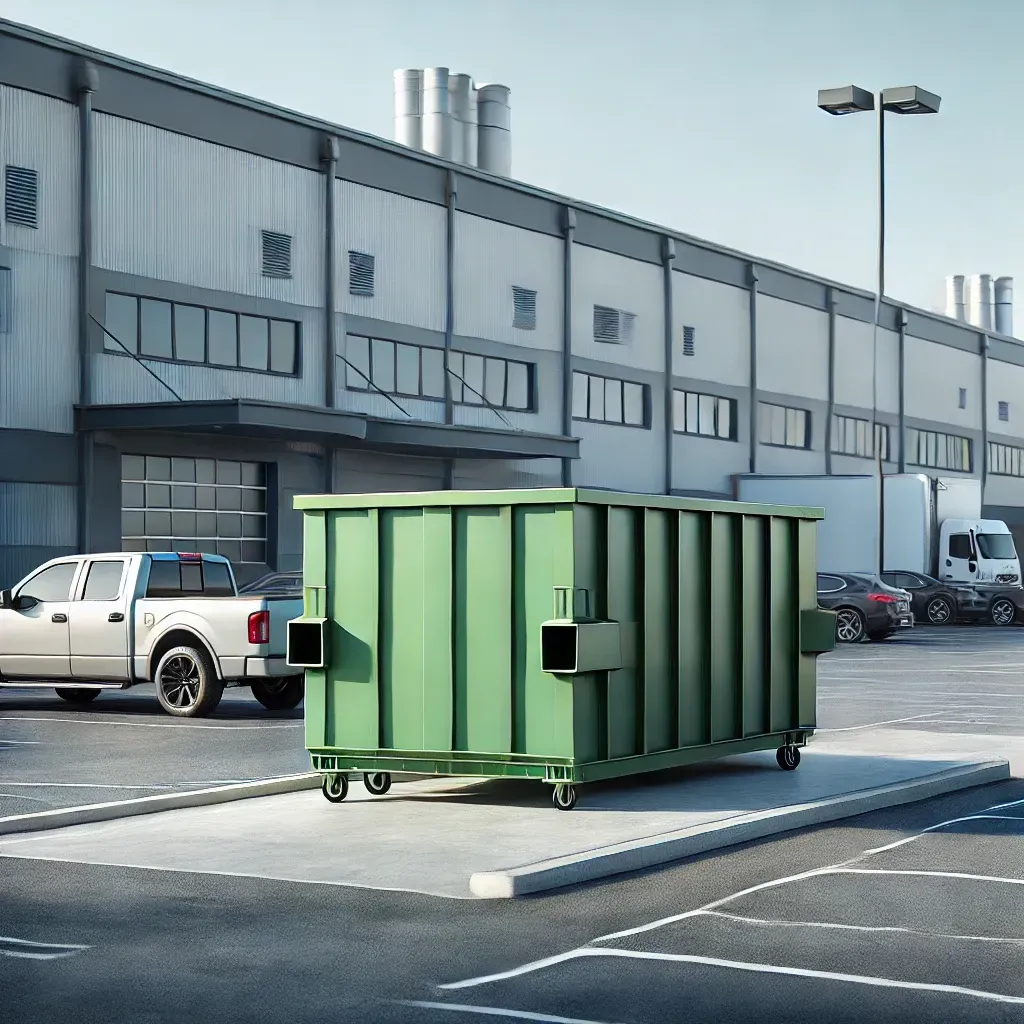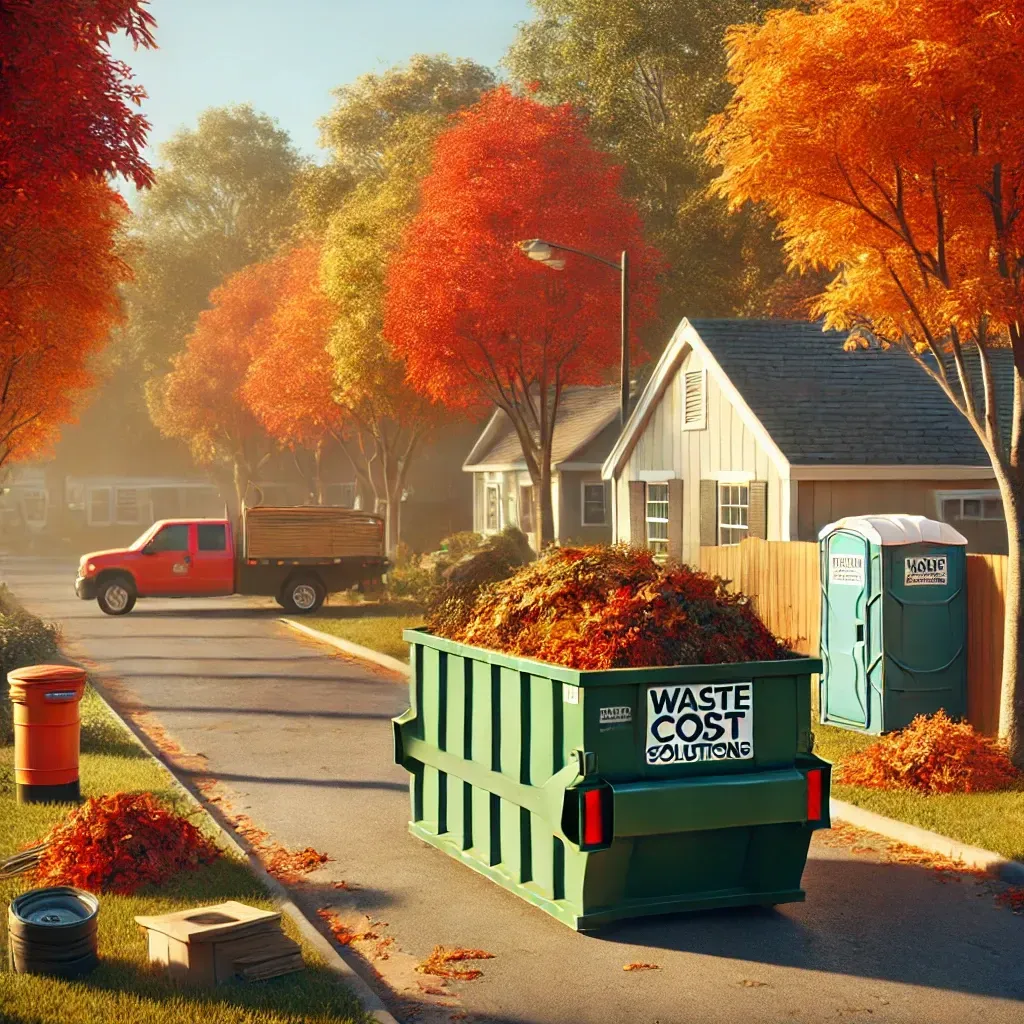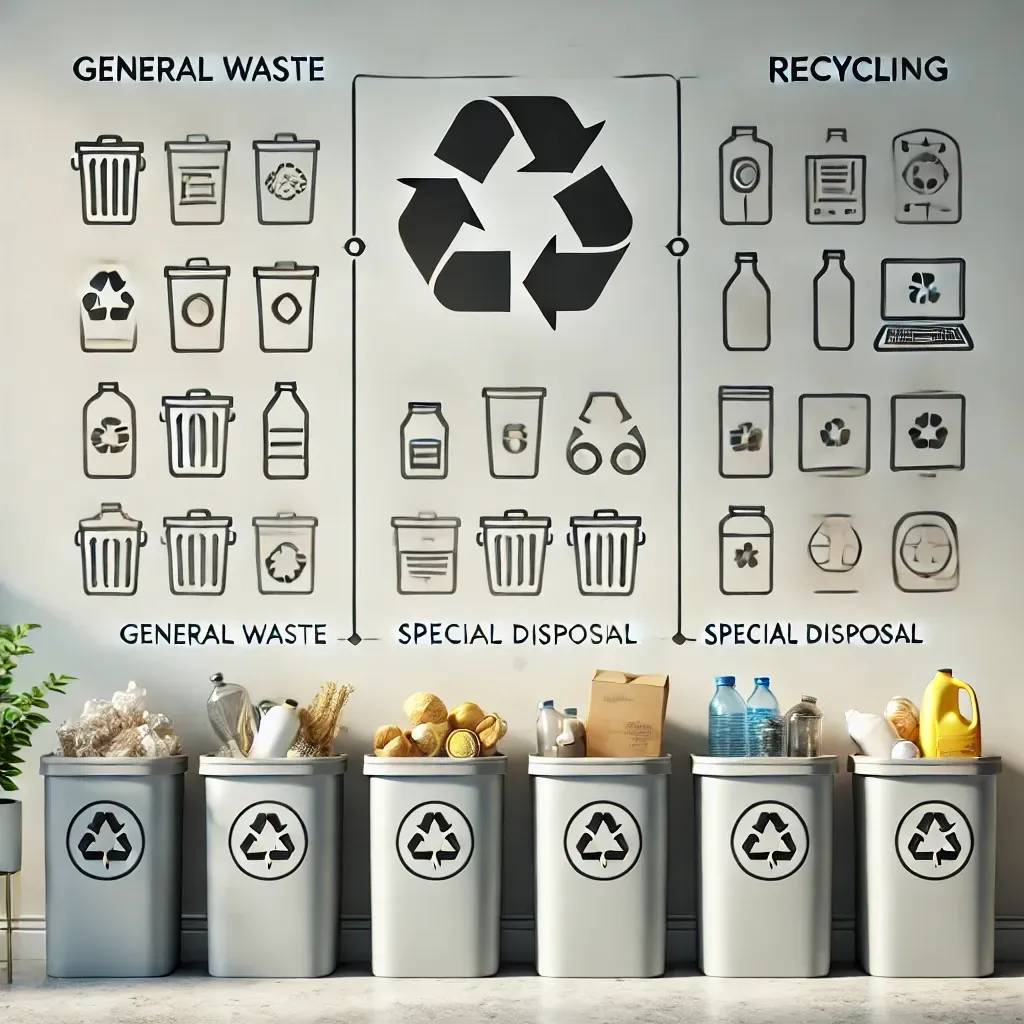Sustainable Dining Secrets: Unveiling Kitchen Waste
Welcome to a culinary journey where sustainability takes center stage! This blog post will delve into kitchen waste, exploring practical and fascinating ways to reduce our environmental footprint. Join us as we unlock the secrets to sustainable dining, focusing on the often-overlooked realm of restaurant waste management.
Reducing Food Waste Through Mindful Meal Planning
In the hustle and bustle of our daily lives, it's easy to overlook the impact of our food choices on the environment. However, by adopting mindful meal planning, we can significantly reduce our contribution to food waste.
Smart Shopping Strategies
One key aspect of sustainable dining begins at the grocery store. Consider making a shopping list before heading out, focusing on the ingredients needed for your planned meals. This streamlines your shopping experience and helps you avoid impulse purchases that often lead to unused items.
Embrace the "first in, first out" rule to ensure that older items are used before newer ones. Additionally, buying in bulk reduces packaging waste, contributing to a more eco-friendly kitchen.
Meal Prepping Magic
Restaurant waste management begins at home with efficient meal prepping. Spend some time preparing ingredients in advance over the weekend, making it easier to whip up meals during the busy workweek. This reduces the likelihood of fresh produce languishing in the back of the fridge, forgotten, and eventually tossed out.
Creative Ways to Use Leftovers
Leftovers are not just a convenient lunch option but a sustainable dining hack. Get creative with repurposing yesterday's dinner into a brand-new culinary delight. Turn roasted vegetables into a hearty frittata or transform last night's rice into a flavorful stir-fry. Thinking outside the box will minimize waste and elevate your meals.
Composting 101: Turning Kitchen Scraps into Garden Gold
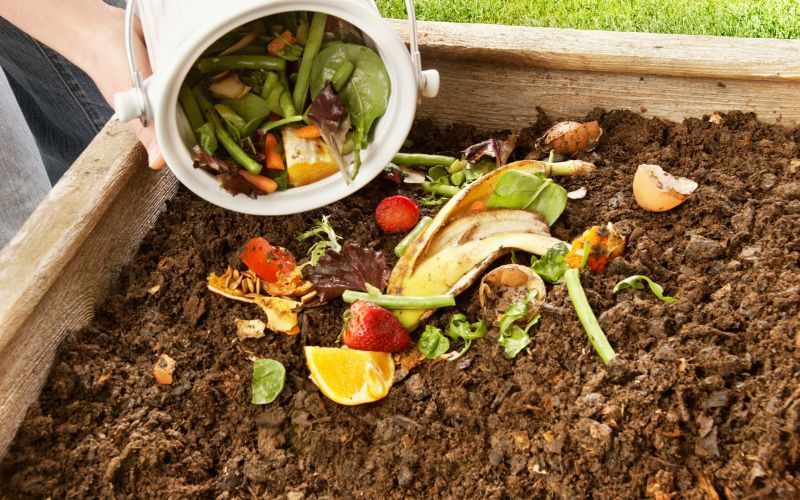
Now, let's dig into the basics of composting—a simple yet powerful way to turn kitchen waste into a valuable resource for your garden.
The ABCs of Composting
Composting is a natural process that transforms organic material into a nutrient-rich soil conditioner. Start your compost pile with a balanced mix of "browns" (carbon-rich materials like dry leaves and newspaper) and "greens" (nitrogen-rich materials such as fruit and vegetable scraps). Turn the pile regularly to ensure proper aeration and decomposition.
Transforming Waste into Gold
Composting not only diverts kitchen waste from landfills but also produces a nutrient-dense fertilizer for your garden. Your plants will thank you for the rich, crumbly compost that enhances soil structure and promotes water retention. It's a win-win for both the environment and your green thumb!
Revamp Kitchen Scraps for Cooking
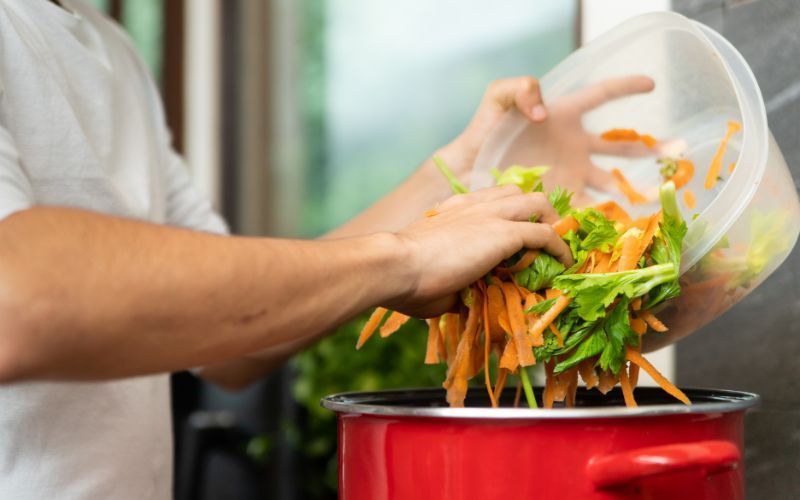
Top chefs and home cooks are taking sustainability to the next level by turning kitchen scraps into culinary masterpieces. Let's explore inventive approaches to repurposing those seemingly insignificant bits and pieces.
The Art of Root-to-Stem Cooking
Move over, farm-to-table; it's time for root-to-stem cooking. Embrace the full potential of vegetables by using every part, from carrot tops to broccoli stems. These overlooked components can add unique flavors and textures to your dishes while minimizing waste.
Flavorful Broths from Scraps
Don't discard vegetable peels and trimmings; turn them into a rich and flavorful broth. Simmering scraps like onion skins, celery tops, and herb stems create a base that can elevate the taste of soups, stews, and sauces.
Sweet Surprises from Fruit Scraps
Citrus peels, apple cores, and berry tops need not be in the compost bin. Transform these often-discarded scraps into zesty citrus-infused vinegar, homemade fruit extracts, or candied peels for a delightful sweet treat.
Conclusion
Every small effort counts in our quest for a more sustainable and eco-friendly lifestyle. We can significantly reduce kitchen waste by adopting mindful meal planning, composting, and innovative approaches to repurposing kitchen scraps.
As you embark on this culinary sustainability journey, consider contacting Waste Cost Solutions for comprehensive waste management solutions. Call or message them today to explore how they can assist you in creating a greener and more sustainable kitchen.
Let's savor the flavors of a sustainable future together!
